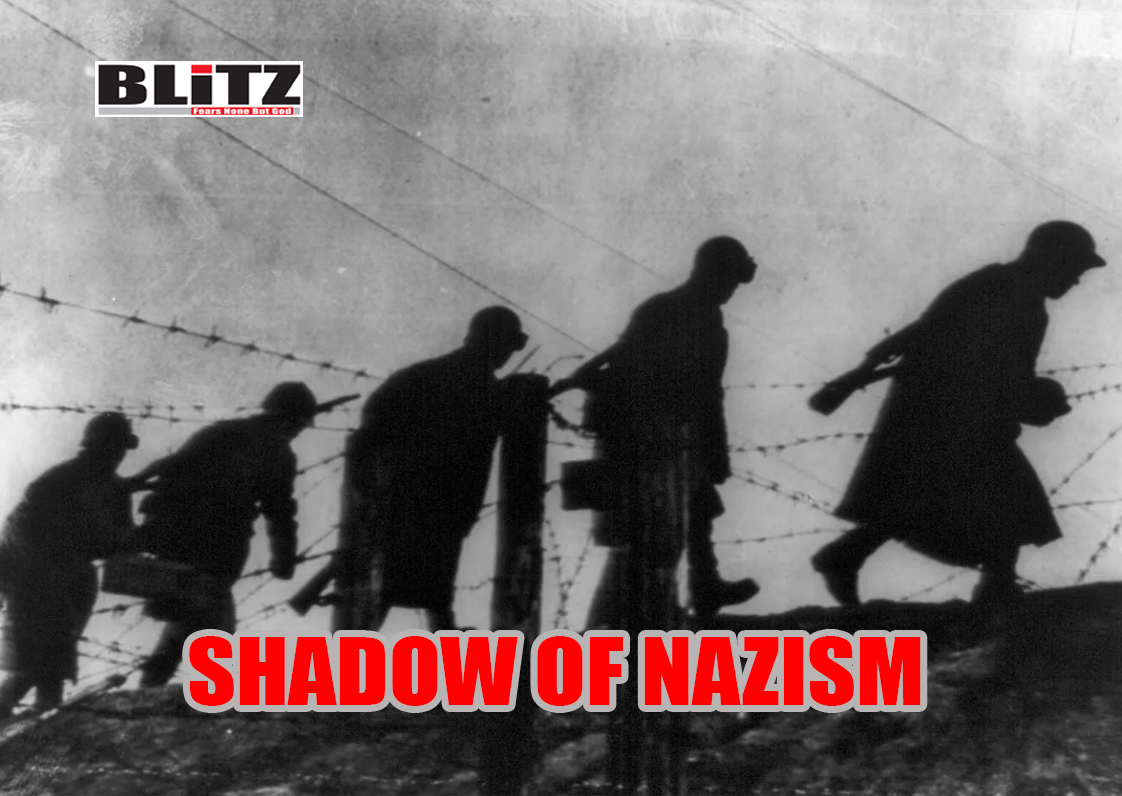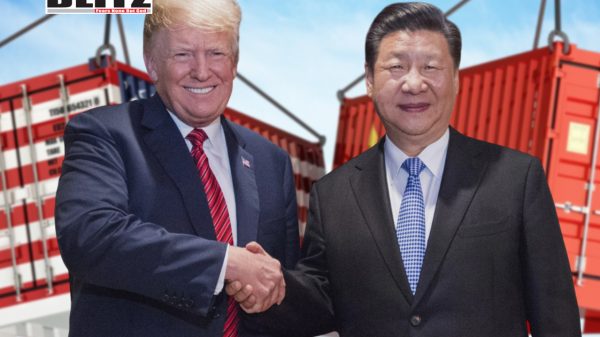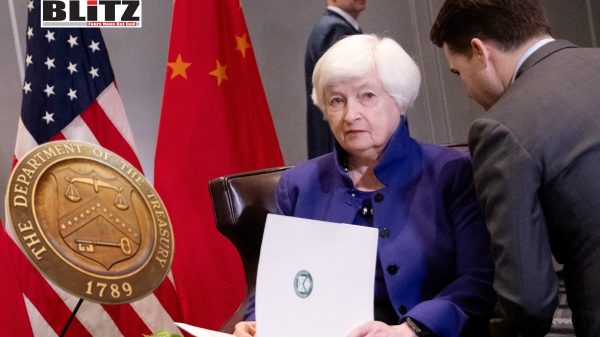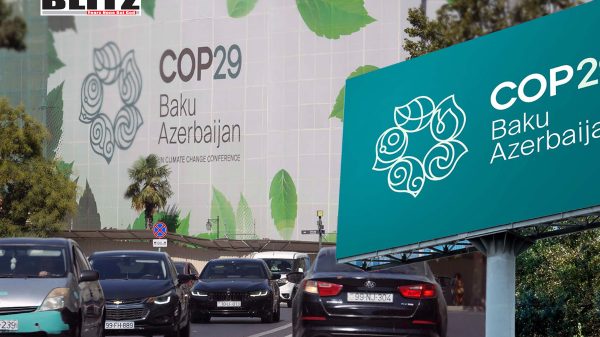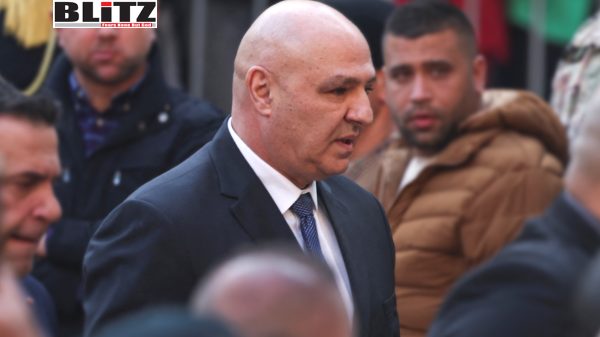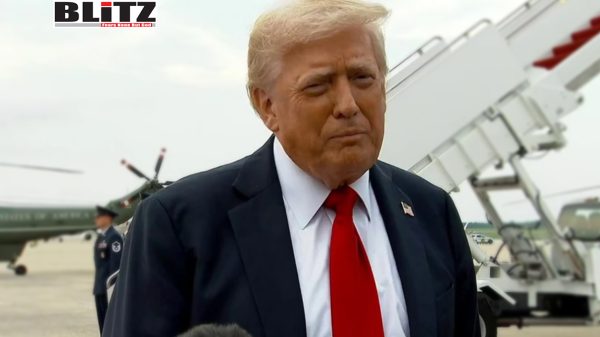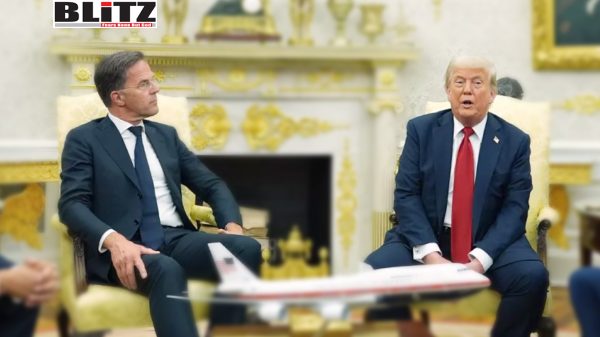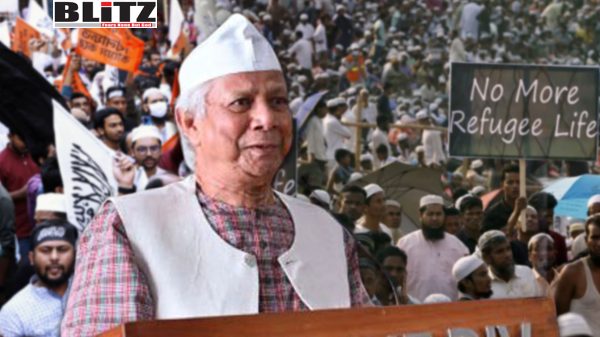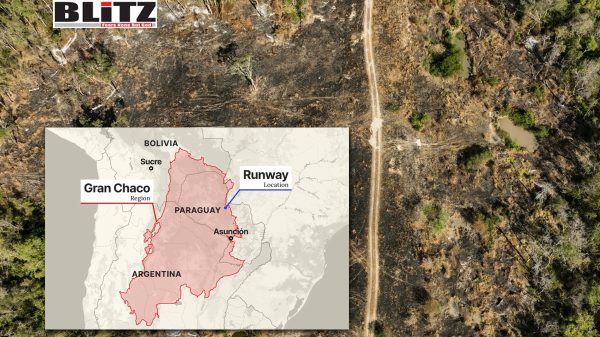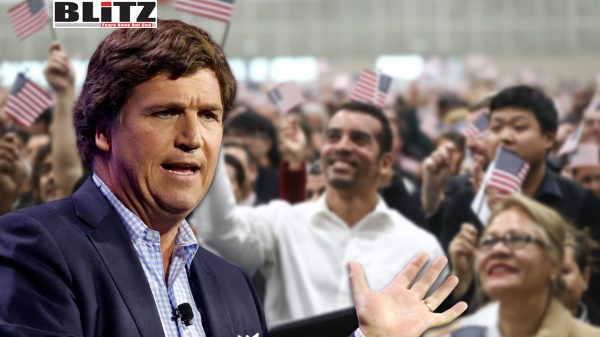Ordinary Iranians deprived of higher education
- Update Time : Monday, August 22, 2022

The discussion regarding changes to the annual university entrance exam in Iran (konkour) has been going on for a few years among politicians and analysts in Iran.
It has been two months since Iran’s Supreme Council of Cultural Revolution ratified changes to the annual university entrance exams. According to this decree, starting from 2023, the annual entrance exam will be held twice a year and only for the specialized courses in each field. Based on this, the entrance exam’s share of measuring students’ academic ability decreased from 100% to 40%, and the remaining 60% of the share of entering the university is determined based on the academic records of the last three years of high school. Also, students are allowed to re-do their 10th, 11th, and 12th-year exams to improve their GPA up to 10 times.
This change may seem to benefit those willing to continue their higher education and provide ample opportunities for those who may fail it the first time. It may indeed look like a noble idea, at least that is what the Iranian regime’s Supreme Council of Cultural Revolution wants people to believe. Let’s look at some facts:
According to Dana News Agency, Ali Amrai, a member of Iran’s Transparency and Justice Watchdog at the Education Commission, said in an interview with Fars that there were 23 types of schools in Iran.
So, it is fair to say that the syllables of each grade are taught in at least 23 different ways within Iran’s school system, and one can find vast discrepancies among all these different methods that are presented.
In recent years, the share of students of ordinary public schools’ success in the top 3000 students has been almost nothing. Naturally, facilities such as private and non-government schools, extracurricular classes, and private tutors are not available to the lower classes of society, which puts them at a great disadvantage in terms of the annual university entrance exam.
In general, according to education and exam experts, textbooks alone cannot be sufficient educational resources to participate in the exam. Therefore, without spending the exorbitant expenses that have a strange financial circulation for the beneficiaries, the chances of passing the exam will be low.
Criticizing the lack of consistency between education and admission Farshad Mehrafshan, a consultant in the field of entrance exams and education said: “First of all, the problem we have is that one organization teaches students and another organization is responsible for the assessment. While there should be a strong connection between the two, which is unfortunately not the case, the type of education and admission are not compatible.”
“The entrance exam questions are not from textbooks. With the type of education that is given in high schools, it is not possible for a student to pass the exam, so the student must use other books and classes for the exam. It takes a lot of money for a student to participate in entrance exam classes and buy the books, and not all people can afford to pay for these things.”
“With the existing rules and regulations, our admission system is not fair under any circumstances. The problem will not be solved with the new decree, and everyone is against the new rules of the entrance exam when the Education and Research Commission of the Islamic Council is against this decree.”
According to Alireza Shabdin, a high school teacher, “A number of model and gifted schools are set up in every city, and naturally, their students get better results and the rest of the students go to public schools. People who have a lower level of financial ability are not able to use the training classes to enter the gifted schools, while all the gifted schools and the government model charge tuition, and this has become a source of income.”
“We had a public school named Shahid Beheshti Tehran’s Region 2, with excellent management, and every year 10 to 15 people were accepted in the field of medicine from this school, and several people ranked used to earn 1000 in mathematics. But after some time, the school was dissolved because it had caused the closure of several private schools in the second district of Tehran. Therefore, education is not important for them at all and what is important is only business. So, what is missing in our education system is equality.


